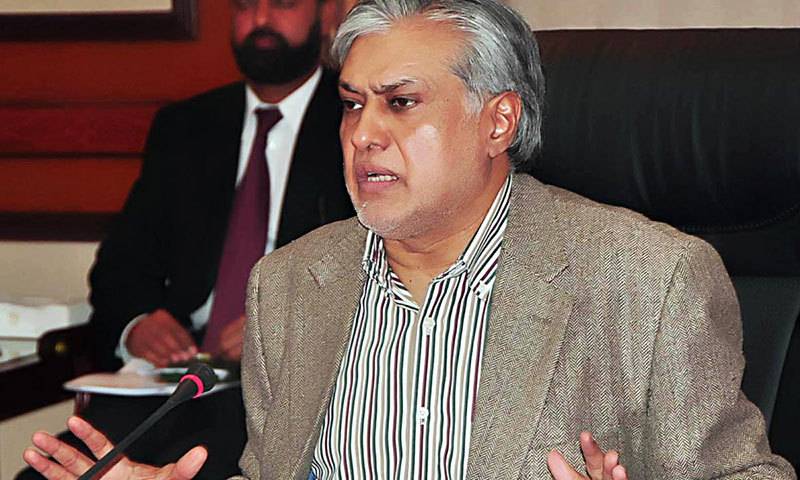PTBP Web Desk
Shehbaz Sharif has established a seven-member committee tasked with reducing power tariffs by lowering taxes, following discussions with the International Monetary Fund (IMF). This move aims to provide relief to consumers burdened by high electricity bills while balancing Pakistan’s commitments under the IMF’s Extended Fund Facility (EFF).
The committee is chaired by Deputy Prime Minister Senator Ishaq Dar and includes key officials such as Minister for Economic Affairs Ahad Khan Cheema, Finance Minister Senator Muhammad Aurangzeb, Power Minister Awais Leghari, Secretary Power Dr. Muhammad Fakhr e Alam Irfan, Secretary Petroleum Momin Agha, and Chairman of the Federal Board of Revenue (FBR) Rashid Langrial.
Under consideration is a proposal to reduce taxes from January to June 2025. However, the Finance Division has raised concerns, stating that eliminating federal and provincial taxes on electricity sales could result in a revenue loss of approximately PKR 290 billion ($1 billion) during this period. This shortfall could negatively impact Pakistan’s commitments related to tax revenue collection, primary and fiscal balances, and provincial surpluses.
The Finance Division has advised the Power Division to collaborate with the Revenue Division/FBR and provincial governments before proceeding further.
The financial burden of taxes on electricity bills amounts to approximately PKR 9 per unit. The total impact on consumer bills is PKR 964 billion, with PKR 391 billion attributed to the federal government and PKR 563 billion to provincial governments.
Key components of these taxes include:
- Sales Tax: PKR 708 billion
- Income Tax: PKR 98 billion
- Advance Income Tax: PKR 4 billion
- Further Sales Tax: PKR 13 billion
- Extra Sales Tax: PKR 54 billion
- Retail Sales Tax: PKR 9 billion
- Electricity Duty: PKR 53 billion
- PTV Fee: PKR 14 billion
Currently, electricity bills include various taxes such as:
- General Sales Tax (GST) at 18%.
- Income Tax ranging from 10% (for bills between PKR 500 and PKR 20,000) to 12% (for bills over PKR 20,000).
- Advance Income Tax at 7.5% for non-filers with bills above PKR 25,000.
- Further Sales Tax at 4% for inactive consumers.
- Extra Sales Tax ranging from 5% to 17%.
- Retail Sales Tax at 7.5% for bills above PKR 20,000.
- Electricity Duty between 0% and 1.5%.
- PTV Fee ranging from PKR 35 to PKR 60.
The committee has been assigned the following tasks:
- Finalize proposals for reducing power tariffs by lowering taxes, in alignment with IMF discussions.
- Negotiate with stakeholders, including provincial governments, the Petroleum Division, and the FBR, to develop consensus on the proposal.
- Present the proposal to the IMF for approval before implementing relief measures for consumers.
The committee, formed on December 16, 2024, has been given a one-week deadline to submit its recommendations to the prime minister.
Reducing taxes, the government is exploring several measures to lower electricity bills:
- Canceling agreements with five Independent Power Producers (IPPs), which have already been approved.
- Revising agreements with bagasse-fired power plants.
- Converting 17 IPPs to a “take-and-pay” mode, a process that has been finalized.
- Reprofiling debts of Chinese power projects, which is currently under review.
If these plans materialize, consumers can expect a significant reduction in electricity bills. The move is particularly crucial as high electricity costs continue to strain households and businesses across Pakistan.
The government’s efforts to renegotiate and reduce taxes, coupled with structural reforms in the energy sector, aim to address long-standing inefficiencies and ensure more affordable electricity for consumers.
The proposed measures reflect Pakistan’s balancing act between addressing domestic economic challenges and fulfilling its obligations under international agreements, particularly with the IMF. Reducing taxes without compromising revenue targets requires careful negotiation and stakeholder consensus.




